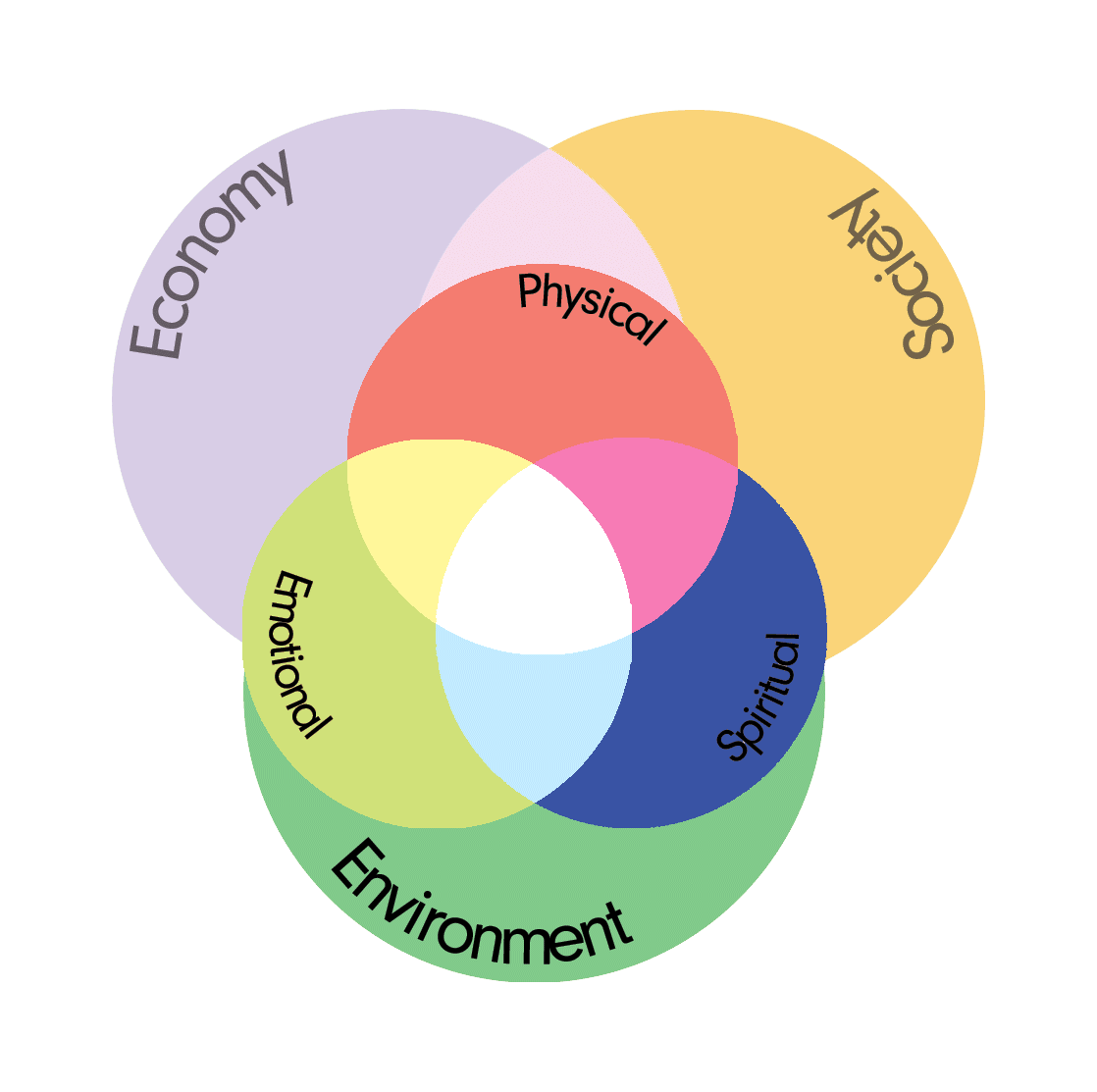ABOUT US
Kandu Arts for Sustainable Development began in 1998.
Director Ed Deedigan, having used his experience of music and drama in a range of contexts, collaborated with others to create a process and an organisation that would deliver services and engage with communities; building strong relationships to work towards a more sustainable future for us all.
With our 25th Anniversary in 2023 we know that to work towards a more sustainable, peaceful humanity, planet and future, the needs of everyone must be met in full consideration of the economic, social and environmental impacts that entails. Inequality and marginalisation, lack of access to anything other than the bare necessities of life and poor physical and mental health have detrimental effects on the planet and all of us.
























Kandu’s methodology involves engaging with individuals, communities, businesses and institutions to explore holistic solutions to the problems created by our cultural and social histories through liberating and empowering experiences of the arts.
Evidence shows that our health is about far more than physical well-being. Our approach focuses on improving positive peer relationships, empathy, social engagement and improved health-related behaviours resulting in improving important social outcomes. Kandu Arts holds a deep understanding that cooperation is key in establishing and maintaining healthy, rewarding relationships, by constructively preventing and resolving conflict and in managing change.
“Human beings are at the centre of concerns for sustainable development. They are entitled to a healthy and productive life in harmony with nature”
- Agenda 21
As a result, this improves decision-making, ethical standards, safety concerns, consideration of appropriate social norms, respect for others, and the likely consequences of various courses of action. Thus, we are all motivated to contribute to the well-being of our communities.
Kandu works with businesses, schools, families, social services, decision-makers at local and national levels, and with some of the most marginalised individuals and groups including the homeless, those with mental health difficulties, refugees, children in care, those who are economically, socially and geographically isolated from all ages and backgrounds.



